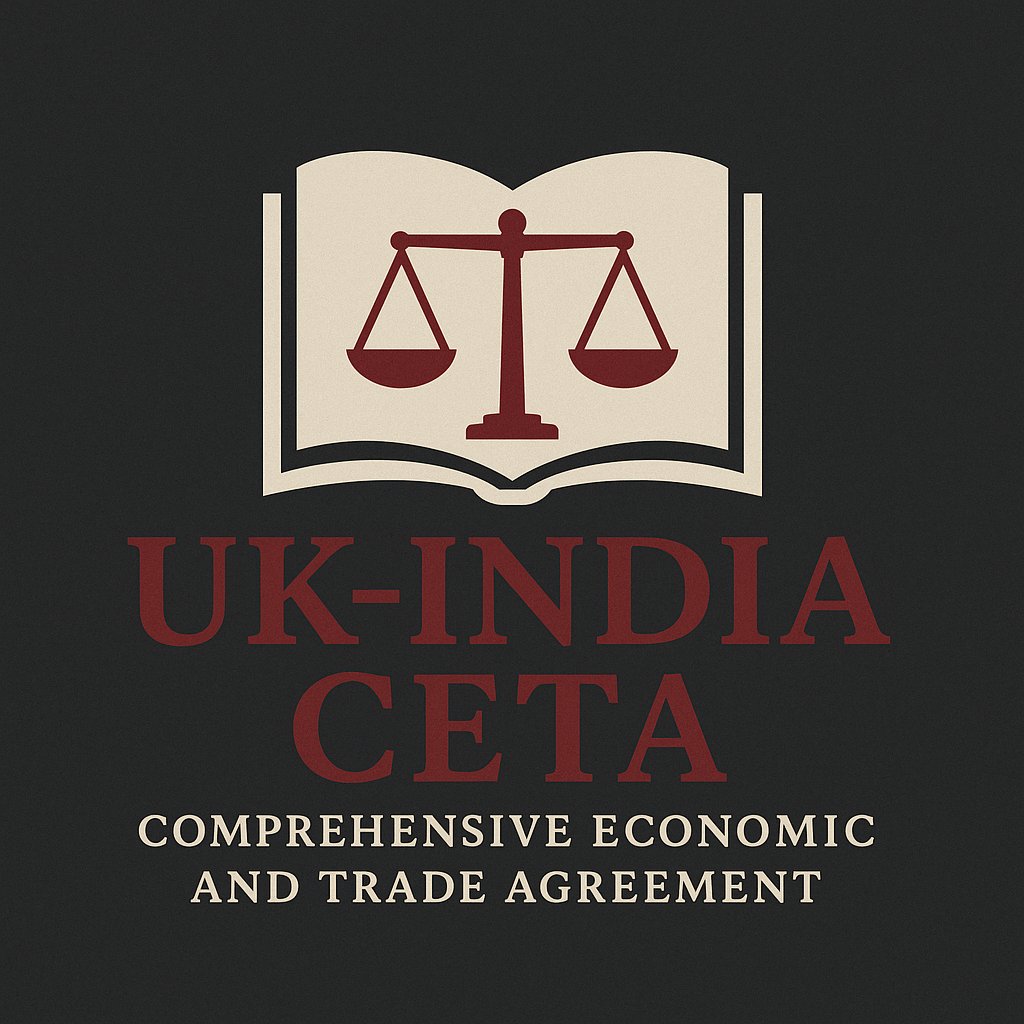Regulatory Autonomy at Risk: UK–India Trade Pact Embeds Foreign Review of Indian Laws
The UK–India Comprehensive Economic and Trade Agreement (CETA) signed today contains provisions that give the United Kingdom the formal right to comment on, and potentially influence, Indian regulatory decisions, including those that do not specifically target foreign investors or goods.
Chapter 24 on Good Regulatory Practice, legally binding under the agreement, obligates India to:-
Provide advance notice of proposed regulations,
-
Conduct regulatory impact assessments (RIAs), and
-
Allow the UK to submit formal written comments before laws are finalized.
“A Party shall provide the other Party with the opportunity to comment on proposed regulatory measures that the Party considers may have a significant effect on trade.”
(UK–India CETA, Chapter 24, Article 24.4.4)
Moreover, Article 24.4.5 requires the regulating party--India in this case--to:
“Take into account the comments received from the other Party when finalising the regulatory measure.”
The chapter does not limit itself to trade-specific regulations. As long as a proposed Indian law is deemed to have an effect on trade, the UK may invoke these clauses--even if the law relates to public health, data protection, consumer safety, or digital platforms.
The agreement further recommends the use of post-implementation reviews, where India must evaluate how enacted laws affect trade, and report publicly.
While such practices are increasingly part of modern trade agreements, critics say they disproportionately impact developing country regulatory space, particularly in fast-evolving domains like artificial intelligence, digital markets, and environmental compliance.
The chapter does not explicitly override India’s sovereign legislative powers, but its provisions institutionalize bilateral pressure points, especially when paired with diplomatic or corporate lobbying.
The UK has previously used such “regulatory coherence” provisions in FTAs with South Korea, Japan, and the EU to challenge environmental, tech, and health-related regulations.
Crucially, India has not included such a chapter in many of its earlier FTAs.
Source: UK–India CETA Chapter 24 – Good Regulatory Practice (24 July 2025)
Applies to all central-level regulations with trade impact; covers both goods and services sectors

